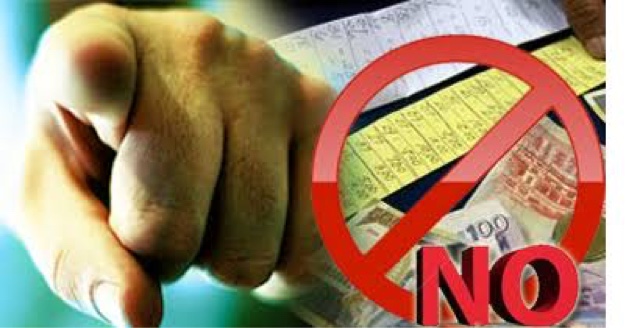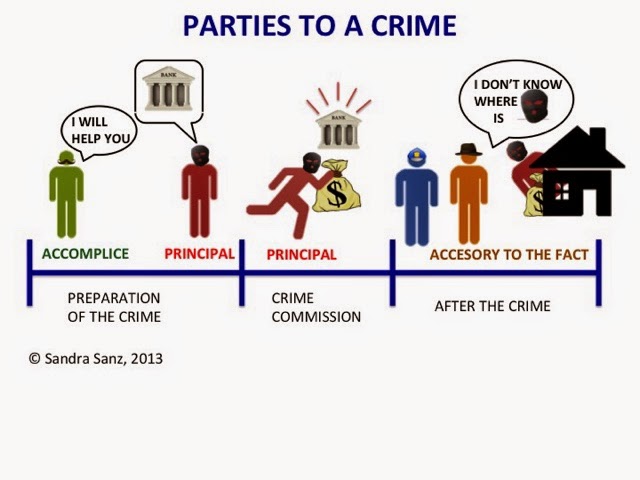To Impeach Pres. Aquino? Here's How...
Just before Philippine President Benigno S. Aquino III delivered his 5th State of the Nation Address, a militant-minority-bloc of members of the Lower House or the House of Representatives has endorsed an IMPEACHMENT COMPLAINT against him. Would this impeachment complaint succeed? It would be another story.
| A picture of Impeach Pres. Aquino movement taken from newsinfo.inquirer.net |
This post would discuss how to impeach a public officer. Of course, the discussion is basically based on what the 1987 Philippine Constitution provides.
http://en.wikipedia.org/wiki/Impeachment tells us that impeachment is a formal process in which an official is accused of unlawful activity, the outcome of which, depending on the country, may include the removal of that official from office as well as criminal or civil punishment. In the Philippines, to impeach a public official simply means to to remove from office.
In the 1987 Philippine Constitution, the following are the only public officers that may be removed from office by impeachment. These are:
1. President
2. Vice-President
3. Members of the Supreme Court
4. Members of the Constitutional Commissions
5. Ombudsman
Other public officers may be removed from office in accordance with law but not by impeachment.
In the Philippine history so far, only then Supreme Court Chief Justice Renato Corona was removed through impeachment. Although it was President Joseph Ejercito Estrada who was first tried with an impeachment case, but he was not totally impeached. Pres. Estrada stepped down from his office before the impeachment process ended.
To impeach any of the above-mentioned public officers, he/she may be convicted of:
1. Culpable Violation of the Constitution
2. Treason
3. Bribery
4. Graft and Corruption
5. Other High Crimes
6. Betrayal of Public Trust
Between the two houses of the Congress, it is House of Representatives which shall have the EXCLUSIVE POWER to initiate all cases of impeachment. Thus, one might notice that when it comes to impeachment, the Senate is just silent as it has no power to initiate any case of impeachment.
To start with the impeachment, a verified complaint for impeachment shall be filed. This verified complaint for impeachment may be filed by:
1. Any Member of the House of Representatives; or
2. Any Citizen Upon a Resolution of Endorsement by Any Member of the House of Representatives.
The complaint for impeachment shall e included in the ORDER OF BUSINESS within 10 session days from filing and then shall be referred to the PROPER COMMITTEE within 3 days thereafter.
The COMMITTEE, after hearing, and by a MAJORITY VOTE of all its members, shall submit its report to the HOUSE within 60 session days from such referral, together with the corresponding resolution.
The resolution shall be calendared for consideration by the HOUSE within 10 session days from receipt thereof.
To affirm a favorable resolution with the ARTICLES OF IMPEACHMENT of the committee, a vote of at least ONE-THIRD of all Members of the House of Representatives. If contrary resolution is reached by the committee, the same shall be overridden by the same number of votes.
The vote of each Member of the House shall be recorded.
Granting that the verified complaint or resolution of impeachment s filed by at least ONE-THIRD of all Members of the House, said verified complaint or resolution of impeachment shall constitute the ARTICLES OF IMPEACHMENT, and TRIAL by the Senate shall forthwith proceed.
It is the Senate that will hear and try the Articles of Impeachment and not the House of Representatives. The Senate shall have the SOLE POWER to try and decide all cases of impeachment. When sitting for this purpose, the Senators shall be on OATH or AFFIRMATION.
No person shall be convicted without the concurrence of two-thirds of all the Members of the Senate.
When the President is on trial, the Chief Justice of the Supreme Court shall preside but shall not vote.
When Chief Justice Corona was tried for impeachment, it was Senate President Juan Ponce Enrile who presided the trial.
Judgment in cases of impeachment shall NOT extend further than removal from office and disqualification to hold any office under the Republic of the Philippines, bu the party convicted shall nevertheless be liable and subject to prosecution, trial, and punishment according to law.
No impeachment proceedings shall be initiated against the SAME OFFICIAL more than ONCE within a period of ONE YEAR.


Comments
Post a Comment